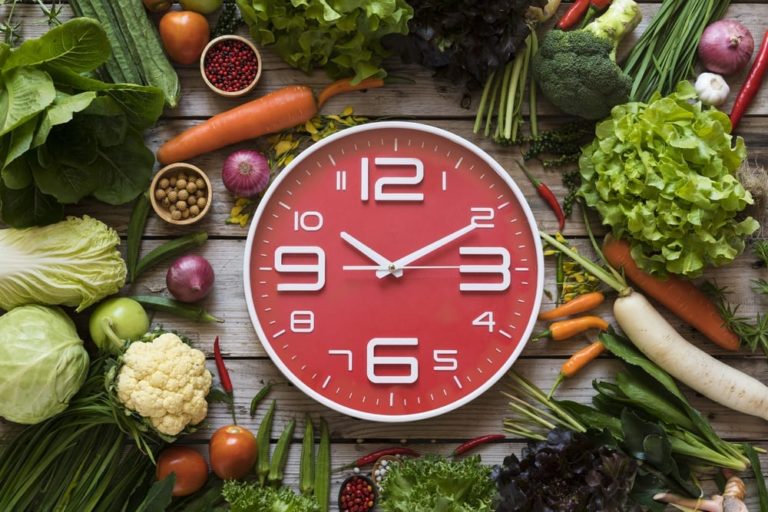If you want to give your immune system a real power boost, take these 5 food punk tips to heart:
5 tips for a bear strong immune system
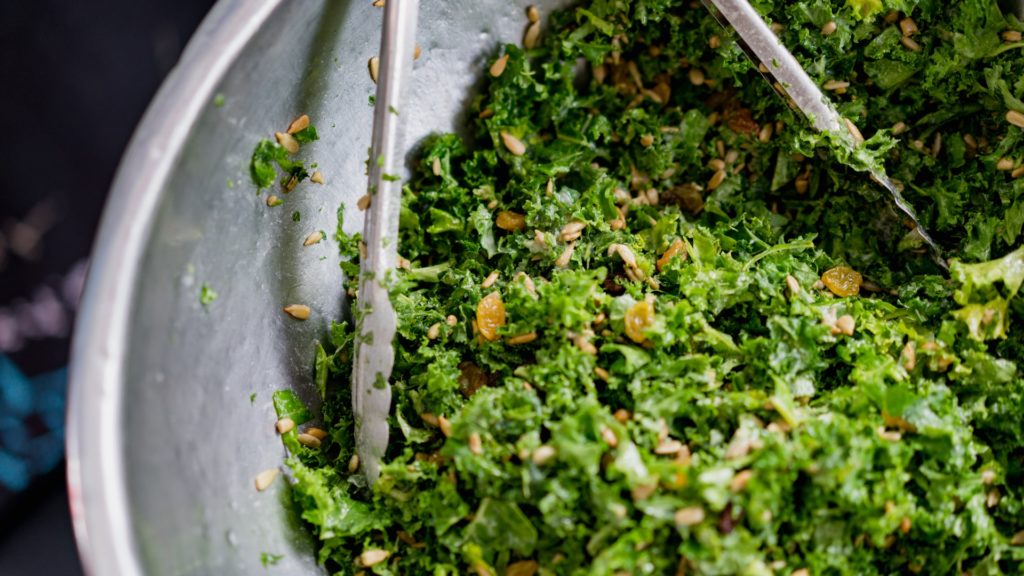
Table of contents
1. colorful, most colorful
Especially red, yellow, orange and deep green vegetables contain abundant vitamin K as well as β-carotene (the precursor of vitamin A) and other carotenoids.
Dark fruits such as cherries, blueberries, blackberries, black currants and dark grapes, have a high content of secondary plant compounds – the flavonoids and anthocyanins – which have antioxidant effects.
These nutrients support the immune system at various points – so eat your fill of colorful fruits & vegetables. When berries are not in season, flash-frozen frozen berries are a good option because hardly any nutrients are lost during freezing.
Du möchtest dich auch gesünder ernähren?

2. sour makes fun
Rich in vitamin C, as you probably know, are lemons, grapefruit, guavas and oranges. But did you know that peppers, broccoli and Brussels sprouts contain even more vitamin C than citrus fruits? Vitamin C is an important helper for your immune system. It is particularly effective in combination with zinc. Zinc is found in eggs, cheese, shrimp or nuts.
3. β-carotene fights against infections
… because the orange plant pigment increases the production of white blood cells and immunoglobulins, which help the body fight infections better and faster. Good sources of carotenoids are: Grapefruit, nectarines, kale, spinach, carrots and tomatoes.
4. kale is not just hip
Among all types of cabbage, kale is the most nutritious and at the same time the most powerful in the fight against pathogens. It not only provides you with enormous amounts of β-carotene, but also with particularly high levels of vitamin C, potassium, calcium and secondary plant compounds. Special secondary plant compounds, flavonoids, even give kale a potential anti-cancer effect.
5. some like it spicy
Spices like ginger, cinnamon, cumin, turmeric and cayenne pepper also boost your immune system.
If you regularly spice up your meals with these power spices, you can do your body even more good. Through various mechanisms, these spices help the body fight off pathogens or get rid of an existing infection faster and better.
By the way, these spices are not only great support for the immune system: cinnamon, for example, is known for its anti-inflammatory and antioxidant effects and support for the cardiovascular system. Like cumin, cinnamon also has a positive effect on insulin sensitivity.
Always stay up to date with our Newsletter.
A tip at the end
To get as much nutritional variety as possible out of the colorful vegetables on your plate, be sure not to overcook them. Eat vegetables frequently raw or very lightly steamed to best preserve vitamins and phytochemicals. Combine the vegetables in any case with good fats, because only in this way the fat-soluble vitamins A, D, E and K as well as the carotenoids can be well absorbed by the body.
And now: Enjoy it and make your immune system strong for the winter with our 5 tips.
Similar posts by Foodpunk
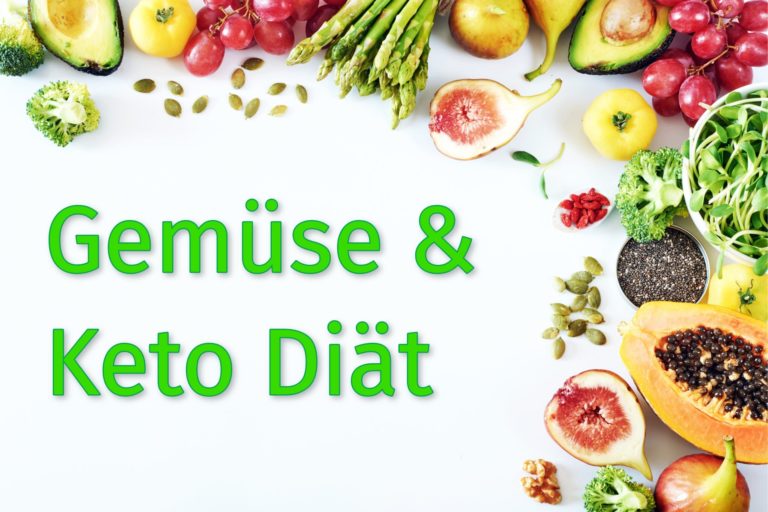
That’s how many vegetables the keto diet really contains!
Often you hear that in a ketogenic diet must be completely abandoned fruits and vegetables. Here is the proof to the contrary.
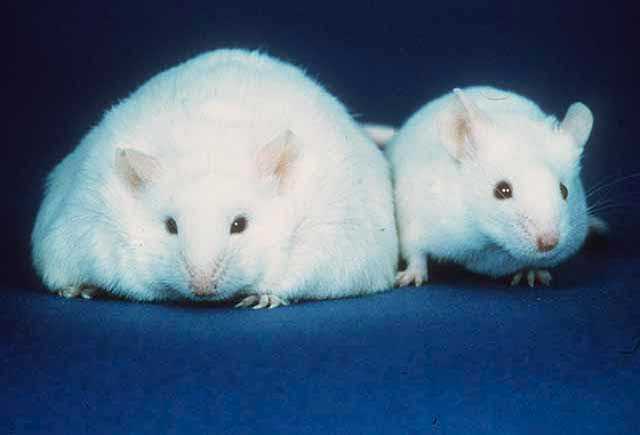
The fatty tissue? This is for saving. It stores fat. This is what most people know about adipose tissue.
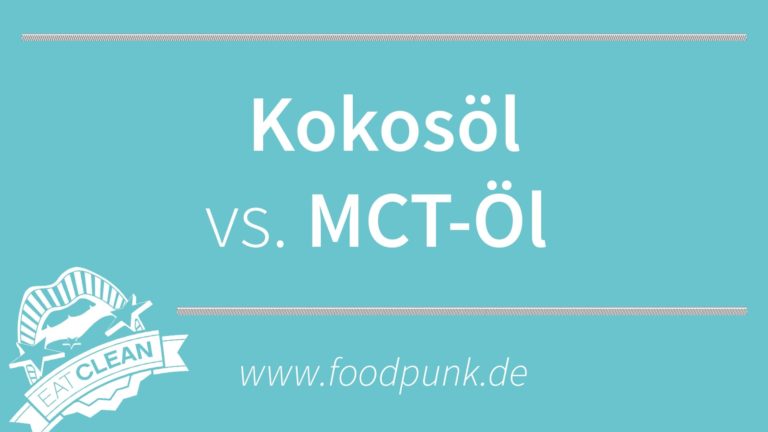
Coconut oil vs. MCT oil – The daily bite of knowledge
A comparison of the two fats in a practical overview.
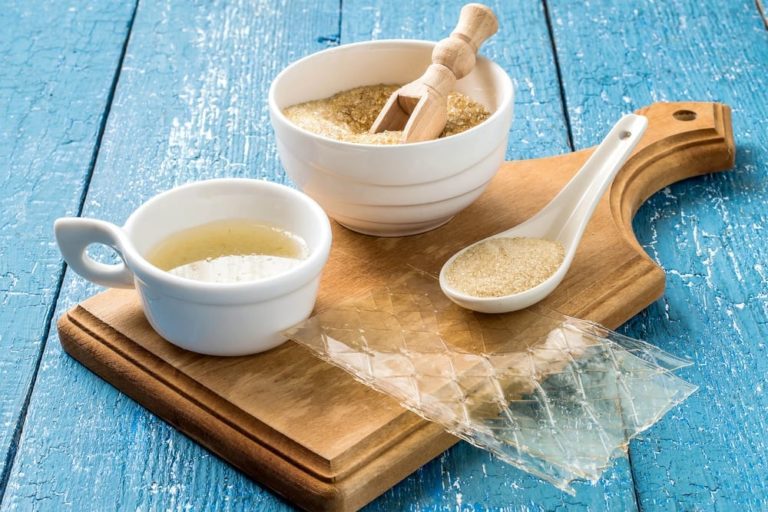
Gelatin vs. collagen – what is the difference?
Gelatin and collagen, both have something to do with connective tissue, but what again exactly? Kick yourself into our article and learn more.
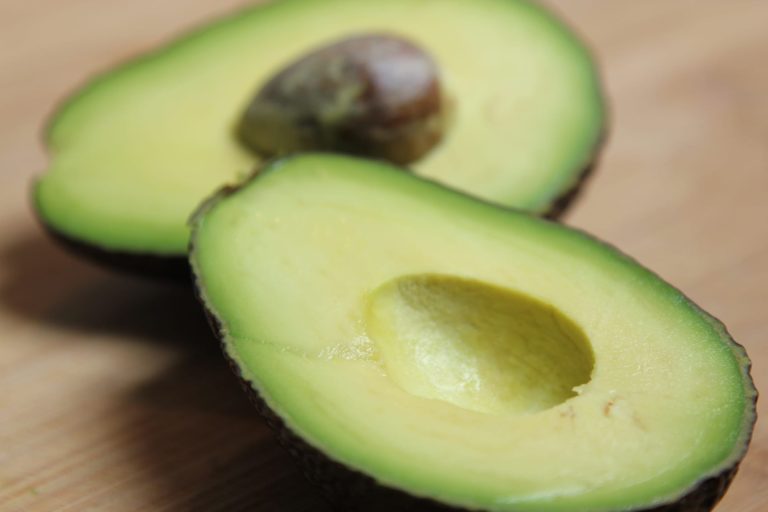
Who invented the ketogenic diet?
No, the ketogenic diet is not a newfangled phenomenon for losing weight. It is not a crash diet or a passing trend.

You know the saying, "In summer we age and in winter we grow young again!"? There is something to it! We explain to you why cold can have a positive effect on fat burning, the immune system and deep sleep.
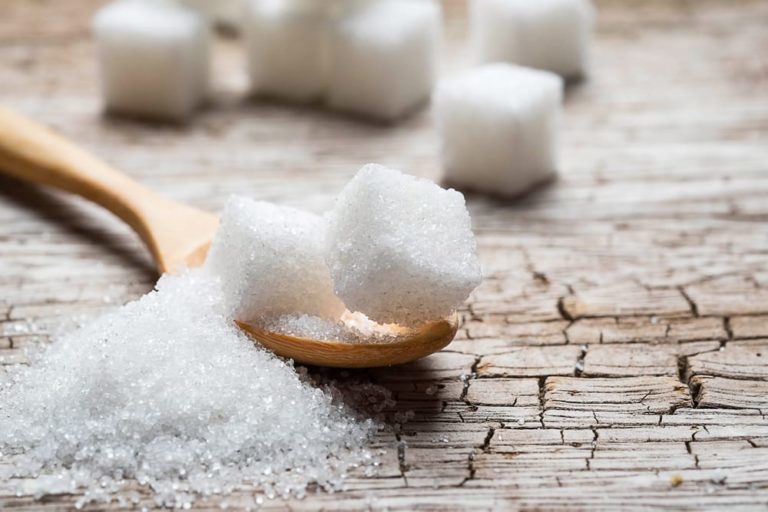
Reader Question of the Month – Can children also eat xylitol?
Are children also allowed to eat xylitol? In this post you will learn the answer!

